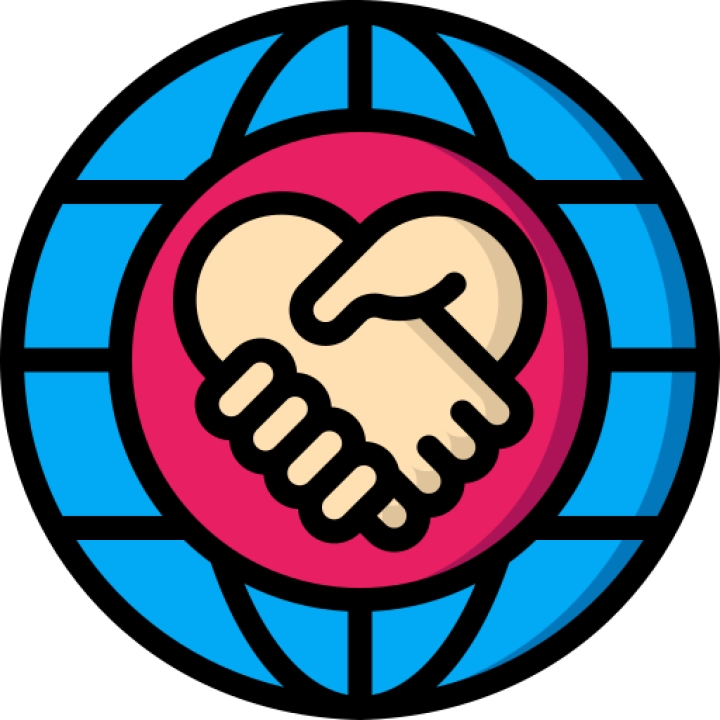College: Graduate School of Social Sciences
International relations is a multidisciplinary field focused on global politics, economics, and social issues. Students develop skills in political science, economics, history, and cultural studies to understand and analyze international affairs, preparing for careers in diplomacy, international organizations, NGOs, and global companies.
Learning Objectives:
- Understand the fundamentals of international relations and global politics.
- Develop skills in political analysis, economic policy, and cultural studies.
- Learn techniques for analyzing international conflicts, diplomacy, and global governance.
- Explore principles of international law, human rights, and the global economy.
- Analyze and interpret international relations data.
- Develop critical thinking, problem-solving, and cross-cultural communication skills.
Main Curriculum:
- Introduction to International Relations - An overview of key concepts and practices in international relations.
- Political Science - Principles and techniques for analyzing political systems and policies.
- Economics - Principles and techniques for analyzing economic trends and policies.
- History - Principles and techniques for understanding historical contexts in international relations.
- Cultural Studies - Principles and techniques for analyzing cultural differences and their role in international affairs.
- International Law - Principles and techniques for understanding and applying international legal principles.
- Human Rights - Principles and techniques for promoting and defending human rights.
- Global Economy - Principles and techniques for analyzing global economic trends and policies.
- Practical Training in International Relations - Real-world experiences through training and projects in diplomatic missions or international organizations or NGOs.
- Capstone Project in International Relations - A comprehensive project applying skills in political analysis, economic policy, or cultural studies.
Assessment Methods:
Political analysis reports, economic policy projects, historical analyses, cultural studies projects, international law analyses, human rights advocacy plans, global economy projects, practical training reports, capstone projects, group projects, and presentations.
Recommended Textbooks:
- "International Relations" by various authors.
- "Political Science" by various authors.
- "Economics" by Paul Krugman and Robin Wells.
- "Global History" by various authors.
- "Cultural Anthropology" by various authors.
- "International Law" by Malcolm N. Shaw.
- "Human Rights" by various authors.
- "Global Economy" by various authors.
Prerequisites:
Basic knowledge in political science, economics, history, and cultural studies. Suitable for students interested in global politics and international affairs.
Duration of the Program:
Typically 4 years for a bachelor's degree, including coursework, projects, practical training, and internships.
Certification:
Graduates can earn a degree in international relations and pursue higher education or obtain professional certifications such as a Master's in International Relations or related fields.
Target Audience:
Aspiring diplomats, international relations specialists, policy analysts, human rights advocates, and individuals seeking careers in diplomatic missions, international organizations, NGOs, and global companies. This program equips students with the interdisciplinary skills needed to excel in international relations, supporting careers in diplomacy, international organizations, NGOs, and global companies.

